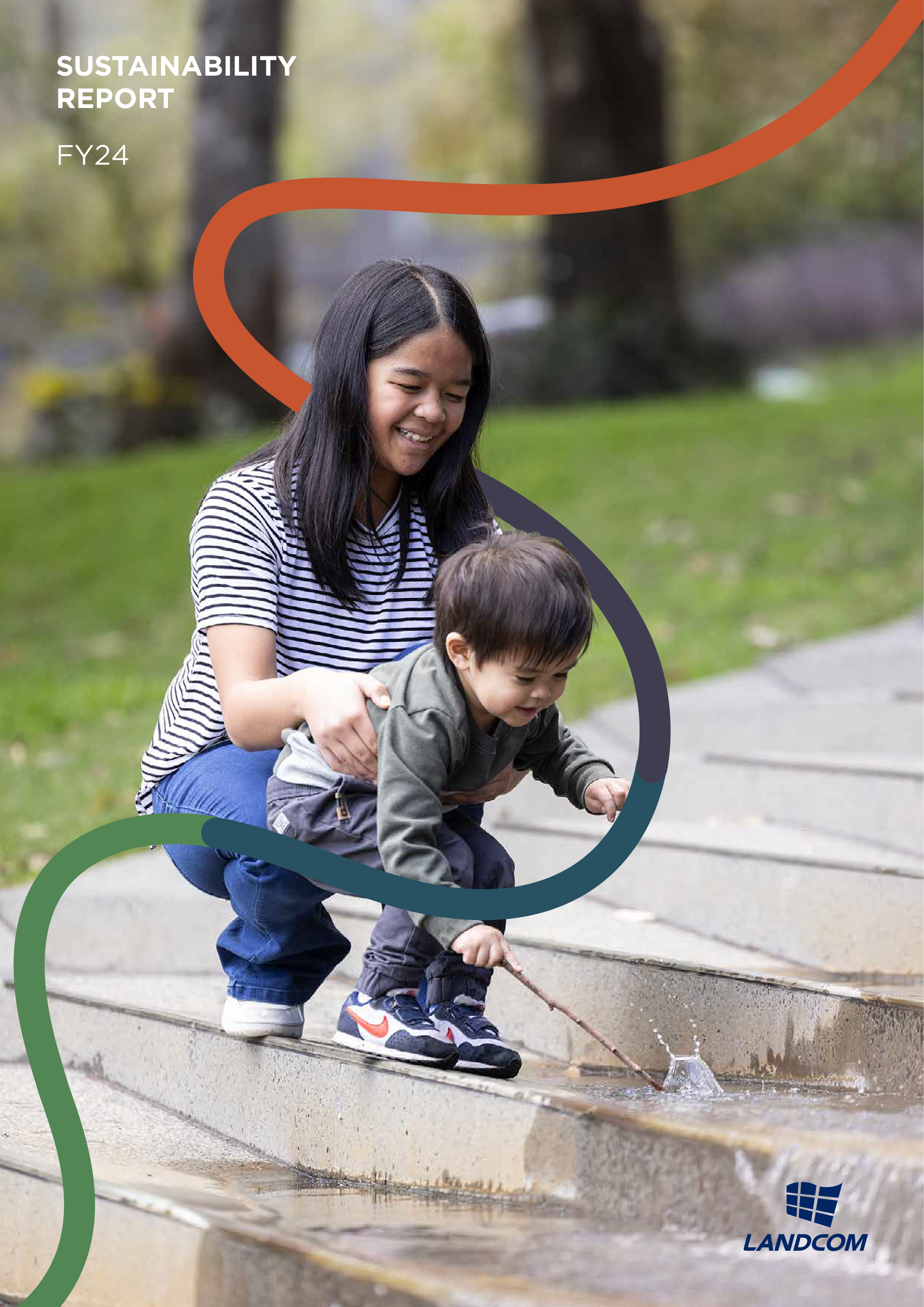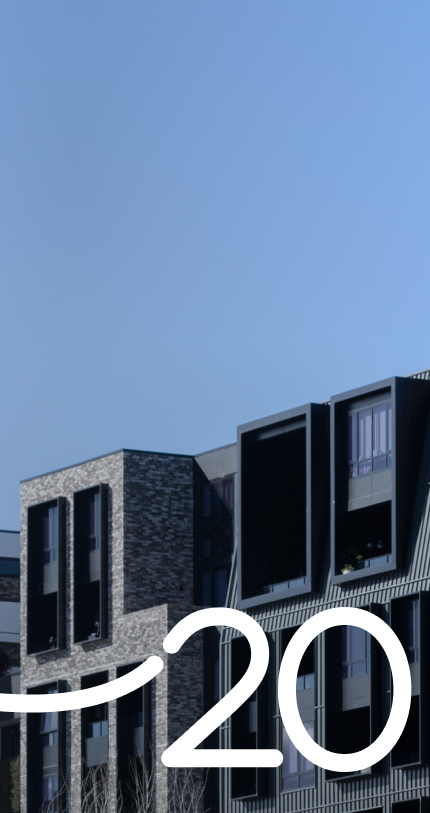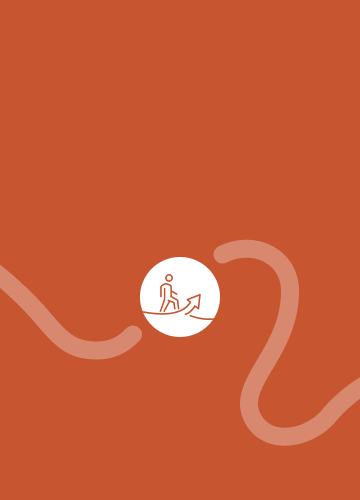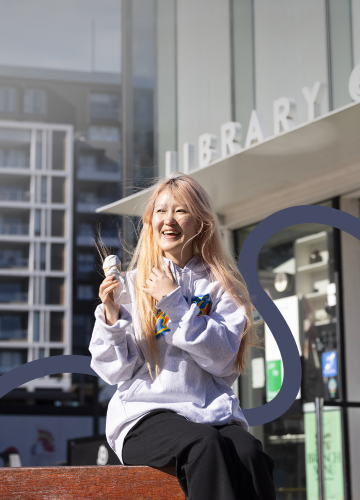Our Sustainable Places Strategy applies to all new master plan activity and projects during FY23 reporting period.
As a master developer we use a variety of structures to deliver projects. The key types of project structures that we use are:
• Owner/Master Developer
• Project Delivery Agreement (PDA)
• Reverse Project Delivery Agreement (RPDA)
Type of project structure
Land ownership
We own the land.
Delivery method
We are responsible for masterplanning and approvals and undertaking all development works.
Asset disposal
We sell the land as vacant lots – residential, commercial or industrial.
Land ownership
We own the land.
Delivery method
We tender for a partner to project manage and undertake development works (there is a clear delineation of risks and responsibilities between us and our partners).
Asset disposal
The successful tenderer acts as a ‘super contractor’ in return for payment from us on sale of individual lots to third parties.
Land ownership
We do not own the land (we develop the land on behalf of another government agency or the private sector land owner).
Delivery method
We generally undertake the planning, construction and/or sales activities.
Asset disposal
All revenue on sale is paid to the land owner and we invoice the land owner for the reimbursement of costs and fees.
Because we use these different approaches Landcom has varying levels of influence over project outcomes. For example, with our Climate Resilient Places targets there is variability between what we can influence when acting as the Owner/Master Developer, compared to a Reverse Project Delivery Agreement where we are not the land owner and we may need to negotiate with other project partners before adopting environmental commitments for the project.
Our Sustainable Places Strategy
Our Sustainable Places Strategy with four Leadership Goals guides the way we deliver new communities. Our FY24 performance for each part of our strategy is accessible below.










